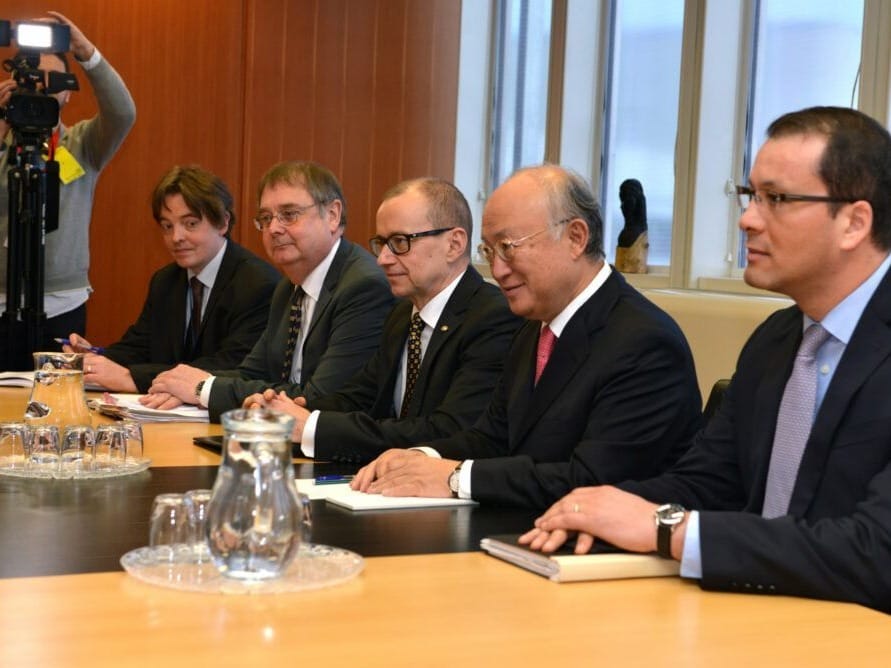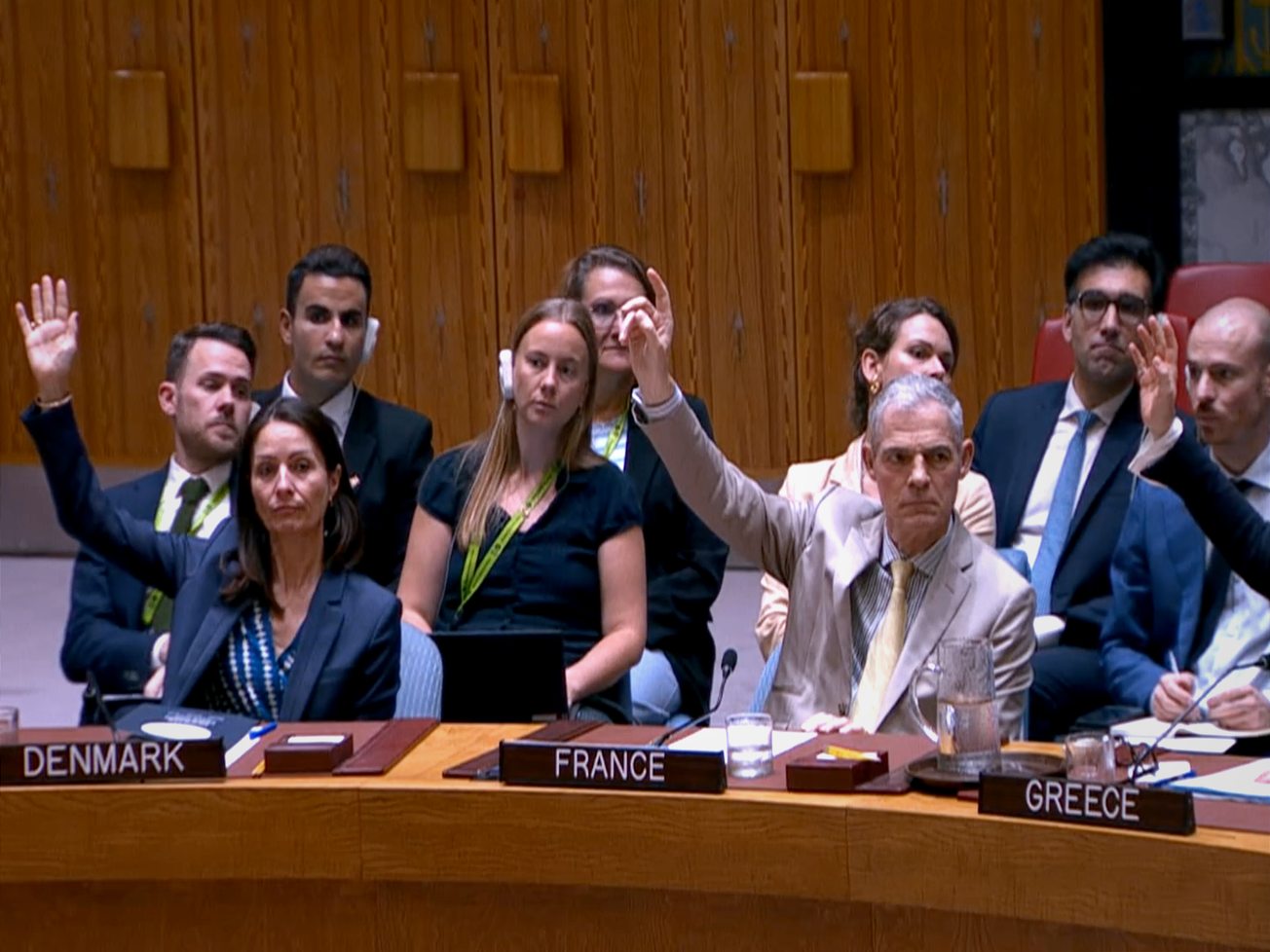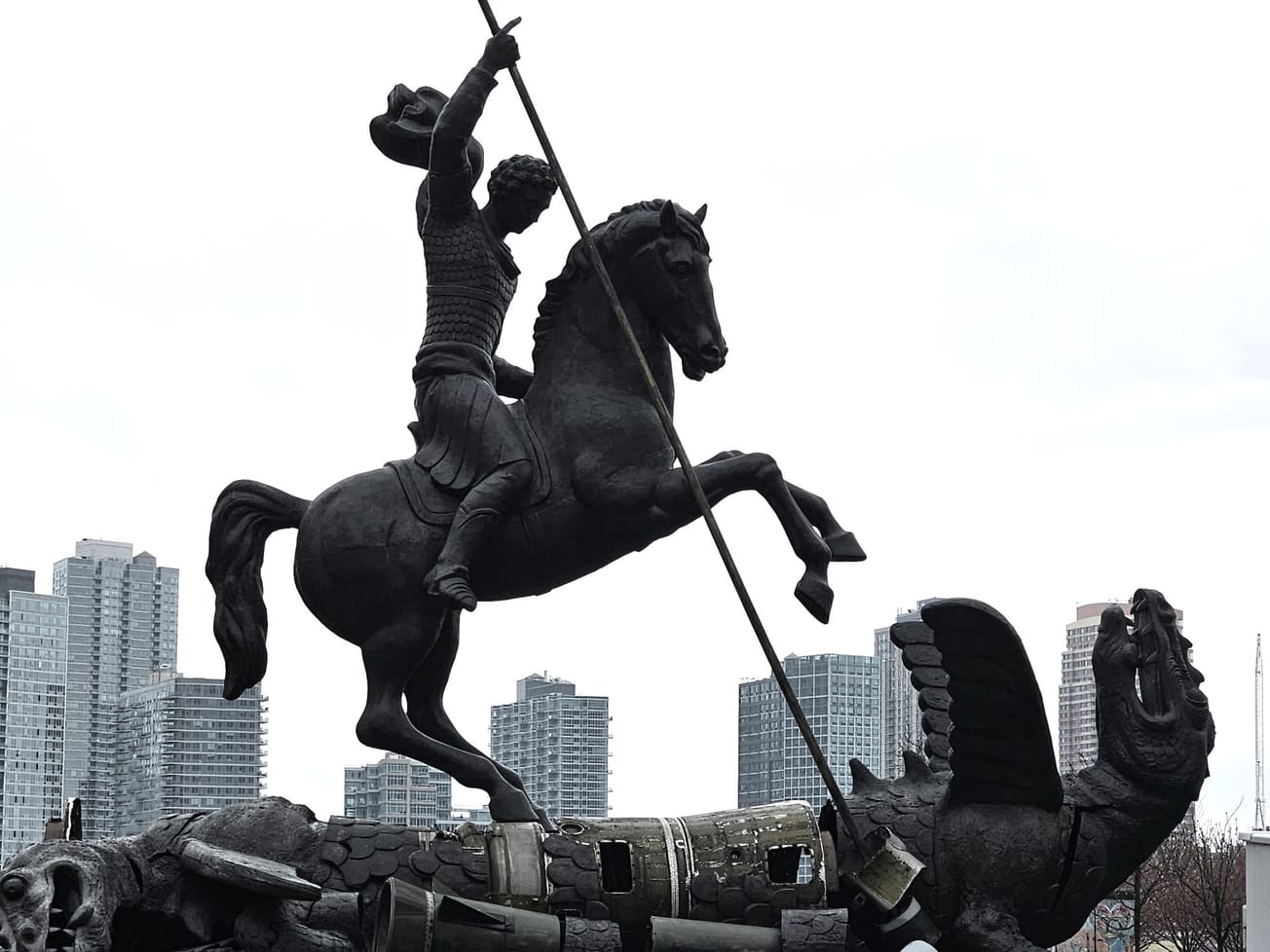The U.N.'s nuclear watchdog agency confirmed that Tehran has breached a stockpile limit for low-level enriched uranium under the 2015 nuclear deal between Iran and world powers.
The International Atomic Energy Agency verified that the stockpile of enriched uranium permitted under the the Joint Comprehensive Plan of Action, or JCPOA, is over the limit, IAEA's Director General Yukiya Amano told the U.N. agency’s board of governors on Monday.









